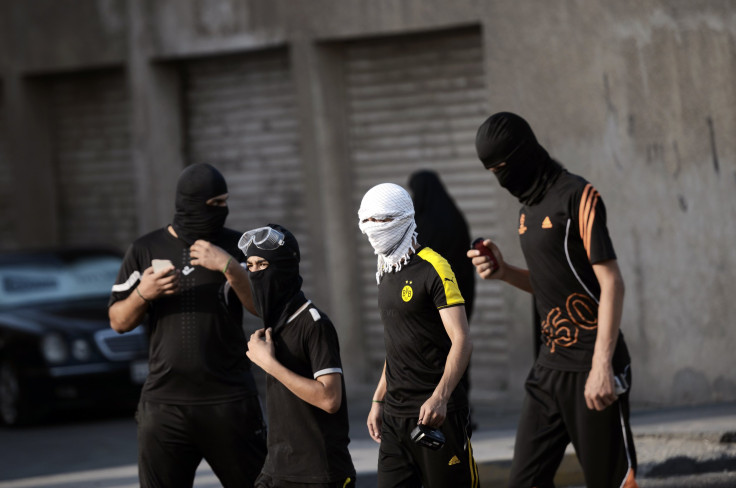Bahrain Slammed By Human Rights Watch Over Torture Of Detainees, Years After 2011 Revolt

Bahrain used torture methods like electric shocks, beatings and sexual abuse against detainees following a revolt in 2011 years after the country's ruler, Hamad bin Isa al-Khalifa, pledged to stop such practices, according to a report from Human Rights Watch.
The report, released Monday, follows similar allegations from Amnesty International and local activists who have accused the country of human rights violations. The latest report, which is based on the testimonies of 14 people, also called on the U.S. government to impose restrictions on arms sales to Bahrain until Manama enacts recommendations from a 2011 report that acknowledges state-sponsored violence was used to curb the protests, the Associated Press (AP) reported.
Many of those interviewed for the Human Rights Watch report said they were physically assaulted when they were in the custody of the police or the security service, and that they were given electric shocks, faced sexual abuse, hung in painful positions and exposed to extreme cold weather.
In 2011, Bahrain had reportedly vowed to investigate the torture reports, and Hamad had said: “We do not tolerate the mistreatment of detainees and prisoners.”
Despite the Bahrain government’s claims to end the torture, including setting up government bodies to look into it, the Human Rights Watch report said the country's authorities had “failed to fulfill their mandate,” the New York Times reported.
The report also said, according to the Times, that the government had not convicted or prosecuted a single police officer despite several complaints.
"There have been few prosecutions for abuses relating to the serious and widespread abuses that (the investigators) documented" in 2011, the report said, according to AP, adding: "The few that have resulted have, almost exclusively, involved low-ranking officers, and have - without exception - resulted in acquittals or disproportionately light sentences."
Bahrain’s government did not elaborate on the report by Human Rights Watch, but told the AP that the country "is unequivocally opposed to mistreatment of any kind," while a letter by the inspector-general of Bahrain's interior ministry denied the allegations by Human Rights Watch, AP reported.
The letter also said, according to the Times: "Your conclusion that ‘the authorities have failed to tackle a culture of impunity among the security forces’ is incorrect and unfounded."
In 2011, the country's Shia-minority population participated in large-scale protests demanding more political rights in the Sunni-led country. Authorities crushed the protests at the time with the help of security forces from Saudi Arabia. The country continues to suffer from divisions amid ongoing protests.
"No human rights purpose is served by criticizing the institutions publicly before they have had the opportunity to receive and investigate the allegations," Maj. Gen. Ibrahim al-Ghaith, said, according to AP, in the letter included in the report, adding: "To the contrary, by doing so, you undermine their purpose and effort to protect peoples' rights."
Al-Ghaith’s letter also cited Bahrain’s government as saying that 73 security force members, "including high-ranking officers," had been "transferred to courts on charges of mistreatment."
In the past few weeks, Bahrain has been conducting arrests and stripping convicts of citizenship, according to reports. Al Wefaq, Bahrain's largest Shiite opposition group, said, according to AP, that at least 199 people have lost their citizenship as "a punitive measure against dissidents."
© Copyright IBTimes 2025. All rights reserved.






















